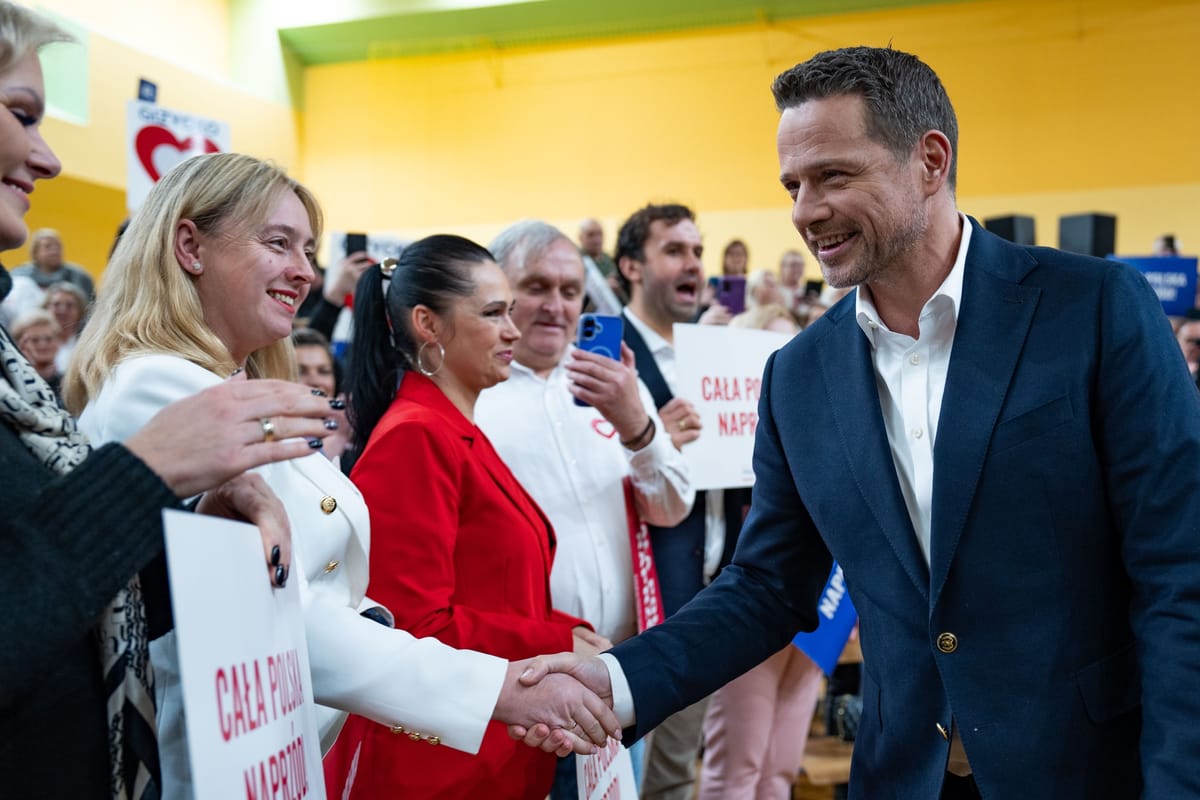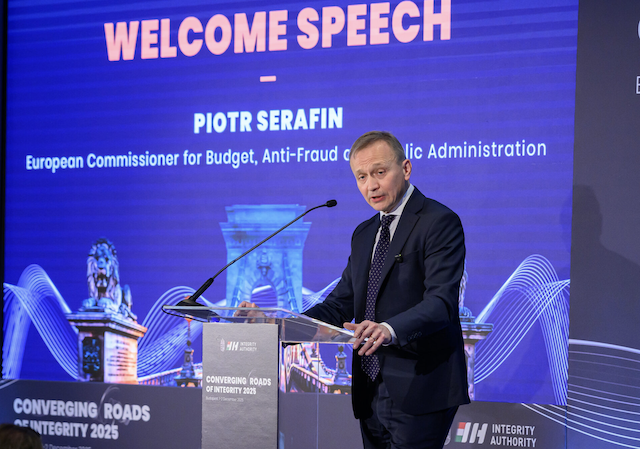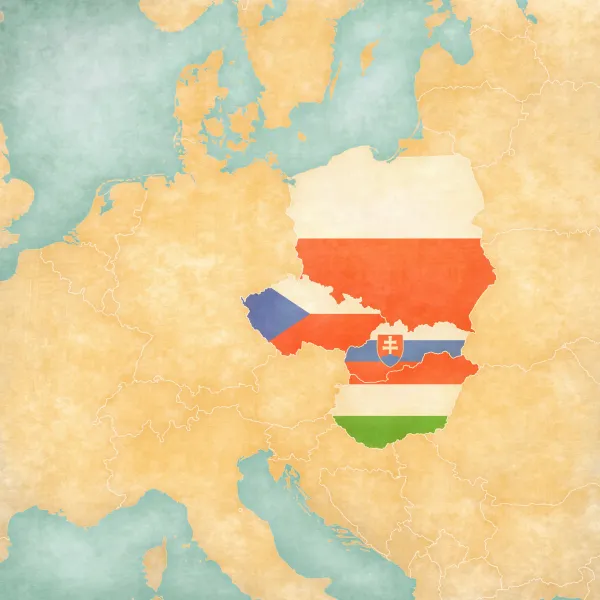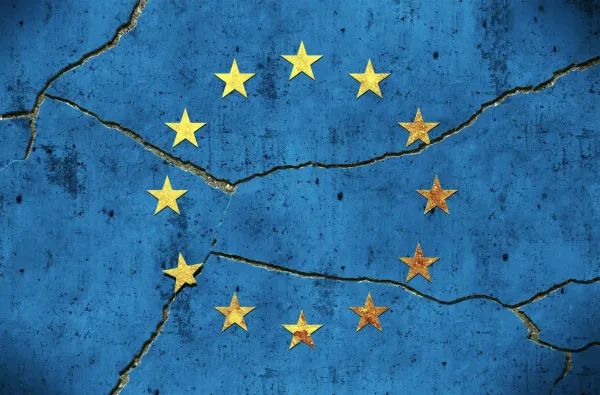
Polish presidential candidates begin election drive
Poland’s presidential election campaign has officially begun, ahead of a pivotal vote for the Central and Eastern Europe (CEE) country on 18 May.
Victory for the ruling Civic Coalition (KO), led by Polish Prime Minister Donald Tusk would remove an important obstacle, as heads of state can veto legislation and President Andrzej Duda, who is standing down after two terms, is an ally of the conservative opposition Law and Justice (PiS) party.
Trzaskowski narrowly lost to Duda in 2020. According to the pollsters, KO candidate Warsaw Mayor Rafal Trzaskowski is now narrowly ahead of PiS-backed Karol Trzaskowski, who heads up the Polish Institute of National Remembrance, with Lawomir Mentzen of the far-right party Konfederacja in third.
Divided Poland united on Russia
Despite their bitter rivalry, due to shared national experience, right-wing PiS and left-of-centre KO agree on one thing at least: Russia represents an existential threat to Poland.
On Saturday, 20 January, Trzaskowski told voters that “Safety is a top priority. That’s why we are building the Eastern Shield – the EU’s most modern, tightest border, well equipped with, amongst other things, anti-drone systems, and that’s also why I want to increase defence expenditure to 5% of GDP.
“Investments in defence also boost the local economy, with inflows of funds, contracts for local companies, and new jobs. In order to do it effectively, we need to incorporate it into the state’s security system stronger: they are the closest to people, they are the ones on the front line,” he added.
Ruling coalition seeks to end deadlock
Tusk has mocked PiS for backing Nawrocki as a mayoral candidate, writing on X that “there is a shortage of potential PiS candidates even within PiS, and it is hardly surprising”.
Following its loss of power after the 2023 parliamentary elections, keeping the presidency is crucial for PiS as it would allow the party to maintain influence over the government and veto legislation.
For the same reason, it is essential for Tusk’s ruling coalition to win, as it would no longer have to deal with a president who vetoes legislation and obstructs the implementation of his party’s policies. This includes restoring the independence of the judiciary, which is key to Poland’s access to further EU bailout funds.
Eight other hopefuls
As well as Trzaskowski, Nawrocki and Mentzen, eight other candidates will compete in the first round: Szymon Holownia (Trzecia Droga), Magdalena Biejat (New Left), Marek Jakubiak (Wolni Republikanie), Marek Woch (Bezpartyjni Samorządowcy), Romuald Starosielec (Ruch Naprawy Polski), Piotr Szumlewicz (Związekkowa Alternatywa), Adrian Zandberg (Razem) and Katarzyna Cichos (Platforma Rozwoju Polski).
Polish heads of state are elected for five-years, and for a maximum of two terms. If the Poles do not elect a president by a simple majority in the first ballot, a second runoff round will be held on 1 June.





